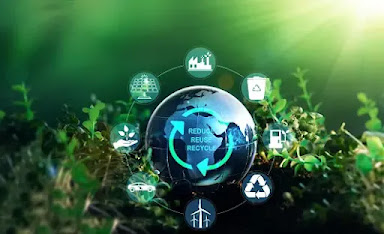Inception/Creation: This is the initial stage where the entity or system is conceived or created. It involves identifying the purpose, objectives, and requirements.
Development/Design: In this stage, the entity or system is designed and developed based on the defined specifications. It includes activities such as research, planning, and prototype development.
Implementation/Deployment: The entity or system is put into operation or deployed in this stage. It involves installing, configuring, and integrating the system within its intended environment.
Operation/Maintenance: The entity or system is actively used, operated, and maintained during this stage. Regular monitoring, troubleshooting, updates, and maintenance activities are performed to ensure its proper functioning.
Upgrades/Enhancements: Over time, the entity or system may require upgrades or enhancements to improve its performance, add new features, or address changing needs. This stage involves making modifications or additions to the existing system.
Retirement/Disposal: Eventually, the entity or system reaches the end of its useful life or becomes obsolete. In this stage, it is retired, decommissioned, or disposed of in an appropriate manner, considering environmental and regulatory factors.
Throughout the lifecycle, considerations such as sustainability, adaptability, efficiency, and cost are important. Lifecycle management involves planning, coordinating, and controlling activities to optimize the entity or system's performance, reduce risks, and ensure its longevity.
It is worth noting that lifecycles can vary depending on the context. For example, the lifecycle of a product may involve additional stages such as marketing, sales, and customer support. Similarly, the lifecycle of a software system may include specific stages like requirements analysis, coding, testing, and maintenance.
Understanding the lifecycle of an entity or system helps in effective planning, resource allocation, decision-making, and maximizing its value throughout its existence.
#Lifecycle #ProductLifecycle #ProjectLifecycle #SoftwareLifecycle #SystemLifecycle #OrganismLifecycle #Development #Implementation #Maintenance #Retirement #Phases #Stages #Design #Testing #Deployment #Operations #Upgrades #EndofLife #Sustainability #Adaptability #ContinuousImprovement #LifecycleManagement #LifecyclePlanning #Efficiency #LifecycleCost #LifecycleAnalysis





No comments:
Post a Comment